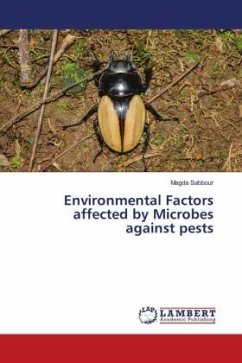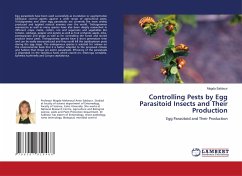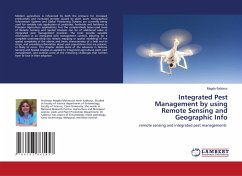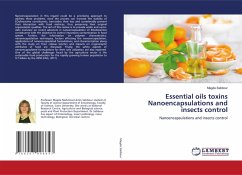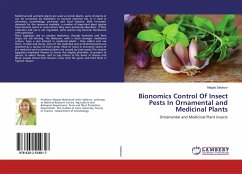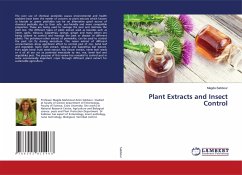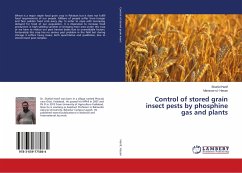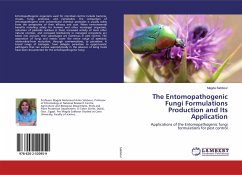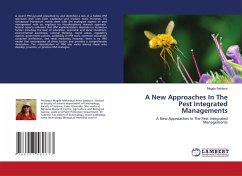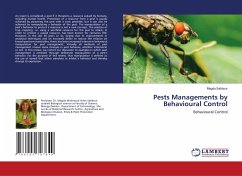
Pests Managements by Behavioural Control
Behavioural Control
Versandkostenfrei!
Versandfertig in 1-2 Wochen
36,99 €
inkl. MwSt.

PAYBACK Punkte
18 °P sammeln!
An insect is considered a pest if it threatens a resource valued by humans, including human health. Protection of a resource from a pest is usually achieved by poisoning the pest with a toxic pesticide, but it can also be achieved by manipulating a behavior of the pest. The manipulation of a pest's behavior to protect a resource is not a new concept. The practice of trap cropping, i.e. using a sacrificial resource for the pest to attack, in order to protect a valued resource, has been known for centuries (70). However, in the last 30 years or so, largely due to improvements in analytical techn...
An insect is considered a pest if it threatens a resource valued by humans, including human health. Protection of a resource from a pest is usually achieved by poisoning the pest with a toxic pesticide, but it can also be achieved by manipulating a behavior of the pest. The manipulation of a pest's behavior to protect a resource is not a new concept. The practice of trap cropping, i.e. using a sacrificial resource for the pest to attack, in order to protect a valued resource, has been known for centuries (70). However, in the last 30 years or so, largely due to improvements in analytical techniques and an increased desire to reduce the reliance on broad-spectrum insecticides, there has been increased interest in behavioral manipulation for pest management. Virtually all methods of pest management involve some changes in pest behavior, whether intentional or not. In this review, we restrict our discussion to examples in which pest management is achieved through deliberate manipulation of a pest's behavior. For the purpose of this review, that manipulation is defined as the use of stimuli that either stimulate or inhibit a behavior and thereby change its expression.



